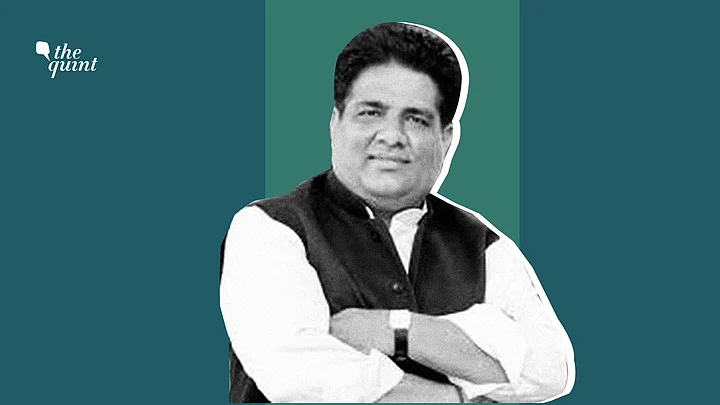A war room strategist, who led the party to victories in multiple state government elections, Bhupender Yadav is now the country’s new Minister for Environment and Forest.
Yadav may be known within the party for being a political heavyweight but he is not new to environment issues. Yadav is the author of a book on environmental laws in India, along with being a practicing lawyer—both of which will come in handy in his new role as minister.
He takes over at a time when the Environment Ministry has become more famous for its role in clearing projects, than as a protector of India’s rich biodiversity. The action against activists from the student body Fridays for Future India for voicing their protest against draft EIA laws created distrust in the intentions of the green ministry.
And yet, the appointment of a political heavyweight like Yadav in this role has generated hope, that there will be winds of change in the ministry this time round.
Here are the top challenges that this minister will have to face in the coming months:
Tackling Air Pollution
The lockdown may have opened our lungs to blue skies, but the fact is that India still continues to have the highest number of cities reeling from air pollution.
The city of Delhi enjoys the reputation of being the most polluted capital in the world. How the new Environment Minister tackles the burgeoning problem of air pollution, will be a critical challenge for his ministry. There will be political pressures as well: if action is to be taken against farmers for crop burning, it's the same farmers who are currently sitting in agitation against the Modi government's reforms on farm laws.
Yadav’s first task will have to be the setting up of an institutional framework on air pollution given that India’s Commission on Air Quality Management was set up in October 2020 and failed to take off.
With the dissolution of the Supreme Court mandated Environment Pollution (Prevention and Control) Authority (EPCA), this will be a priority. The new institution that is created must have the mandate to punish the polluters; in the past this had been either left to the judiciary or to the state pollution control board that does not have enough manpower.
Yadav’s acumen as a lawyer and having been a member of several parliamentary committees, will come in handy here.
2021 United Nations Climate Change Conference
The COP26 that is being hosted by the UK government this year, is being seen as the last chance for world leaders to slow down climate change.
With China having announced a target of attaining net zero emissions by 2060 and the US government back in the Paris agreement, the pressure is building on India.
The Environment Minister will not only have to stave off pressure on announcing any new targets, but also present India’s cases that are based on the principles of equity, and push for better access to technology and funds.
Quashing the Draft Environmental Impact Assessment
The Draft EIA notification, 2020 was the centre of much controversy as it diluted the sanctity of previous laws. On the pretext of ‘ease of doing business’, industries were either exempt from the EIA process or allowed post facto clearance. There was massive backlash by environmental groups across the country against the proposed changes.
It remains to be seen if Yadav will take a bold stand and quash these changes to preserve the sanctity of India’s environmental laws or will he continue with his predecessor Javadekar’s philosophy.
Can Yadav Align Environment Issues with BJP's Mandate?
Bhupender Yadav, it is well known, has led his party to many victories.
With upcoming UP elections and the additional charge of the Labour Ministry, juggling his time and prioritising the decisions of the Environment Ministry will be a challenge. Not just time, the overall philosophy of the government has been on ‘ease of doing business’, with key policy decisions taken by the PMO. Will he have a free hand to take radical decisions for protecting the environment?
Yadav’s biggest strength is that, here is an environment minister who has political gravitas within his party who is more equipped to take radical decisions. But if that is enough to protect this country’s rich biodiversity and natural resources remains to be seen.
What, however, can be said with absolutely certainty is that this is a minister who will bring change the way the Environment Ministry functions.
(Bahar Dutt is an award-winning environmental journalist in search of a greener world. She is also the author of two books. She tweets @bahardutt. This is an opinion piece and the views expressed are the author’s own. The Quint neither endorses nor is responsible for them.)
(At The Quint, we question everything. Play an active role in shaping our journalism by becoming a member today.)
